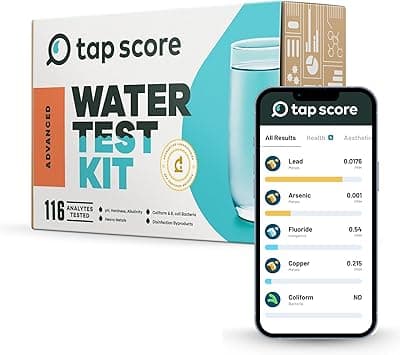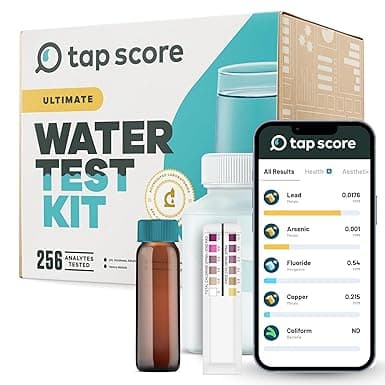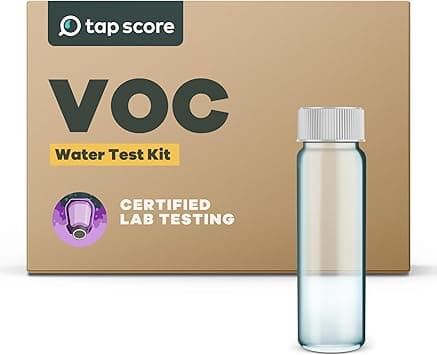Benzene
EPA MCLG Level
0 ppb
Maximum level that poses minimal health risk based on the latest science
Health Effects
Common Sources
How to Remove It
Water filters certified under the following NSF standards are effective at removing Benzene:
Where is Benzene Found?
Benzene has been detected above EPA health guidelines in 3 cities serving 0.0M people across the US.
EPA MCLG Level
The EPA MCLG represents the maximum level that poses minimal health risk based on the latest scientific research. It's often more protective than federal legal limits.
Contaminant Type
Benzene is classified as a Petroleum Compounds contaminant.
Related Petroleum Compounds Contaminants
Check Your Water
Find out if Benzene is in your tap water.
Search cities for Benzene dataTest Your Water for This Contaminant
Public water reports may not test frequently enough or at your specific tap. Professional home testing provides current, location-specific results.

SimpleLab
Standard Home Water Test
$232
Comprehensive water analysis testing over 200 contaminants including bacteria, heavy metals, and chemical compounds.

SimpleLab
Advanced Home Water Test
$369
Most comprehensive home water test including all standard tests plus additional parameters for ultimate peace of mind.

Tap Score
Volatile Organic Compounds (VOC) Test
$139
Detects volatile organic compounds including industrial solvents, fuels, and chemical contaminants.
Stay Informed About Your Water Quality
Get EPA reports, filter recommendations, and safety alerts for your area.
Join 10,000+ people protecting their families. Unsubscribe anytime.